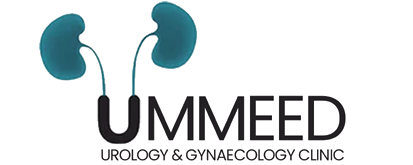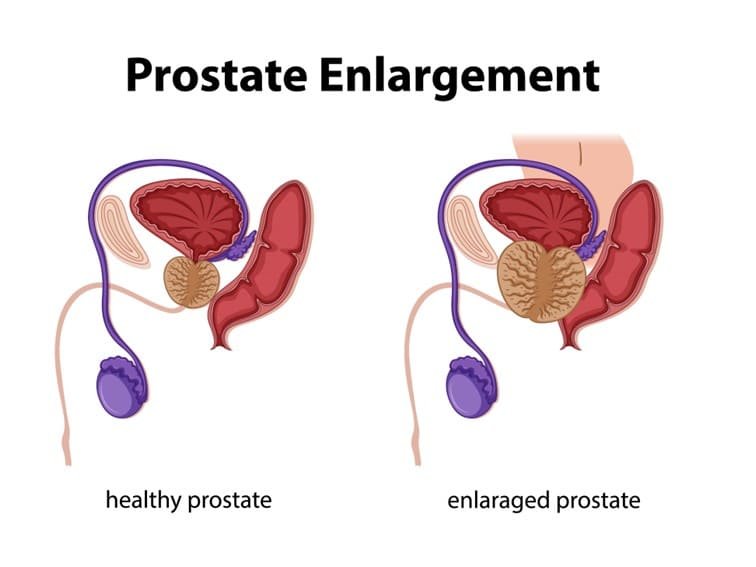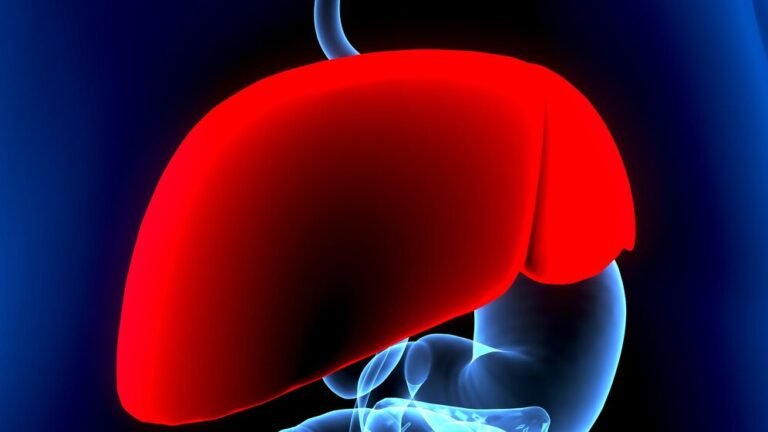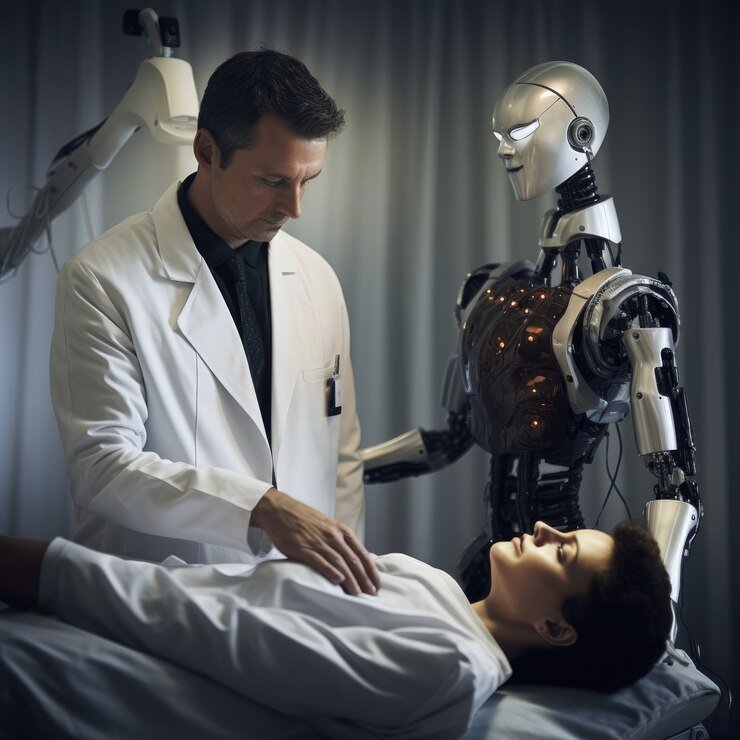Prostate Enlargement And Aging: What Men Need To Know
As men age, various health concerns begin to emerge, and one of the most common is prostate enlargement. This condition, also known as benign prostatic hyperplasia (BPH), affects a significant portion of the male population, particularly those over the age of 50. Best Urologist in Tri Nagar Understanding prostate enlargement and its implications is crucial for men’s health as they navigate the aging process.
To Know More About It Please Click Here
The Prostate and Its Role
The prostate gland, a small walnut-sized organ located just below the bladder, plays a vital role in male reproductive health. Producing seminal fluid, which feeds and moves sperm during ejaculation, is its main job. However, as men age, the prostate gland often undergoes changes that can lead to enlargement and various associated symptoms.
Causes of Prostate Enlargement
Although the precise etiology of prostate enlargement is still unknown, several factors are thought to play a role in its development. Age is the primary risk factor, with the majority of men experiencing some degree of prostate enlargement as they get older. Hormonal changes, particularly the gradual increase in levels of dihydrotestosterone (DHT), a byproduct of testosterone, also play a role in the growth of the prostate gland. Additionally, genetic predisposition and lifestyle factors such as obesity and lack of physical activity may influence the likelihood of developing BPH.
Understanding the Symptoms
Prostate enlargement can lead to a range of urinary symptoms that can significantly impact quality of life. These may include:
- Frequent urination, especially at night (nocturia)
- Difficulty starting urination (hesitancy)
- Weak urine stream
- Urgency to urinate
- Incomplete emptying of the bladder
- Urinary retention
While these symptoms are often bothersome, they are usually not indicative of prostate cancer. However, it’s essential to consult a healthcare professional for proper evaluation and diagnosis, as some symptoms may overlap between BPH and prostate cancer.
Diagnosis and Treatment Options
Diagnosing prostate enlargement typically involves a thorough medical history, physical examination, and various tests, including a digital rectal exam (DRE), prostate-specific antigen (PSA) blood test, and imaging studies such as ultrasound or MRI. Once diagnosed, treatment options for BPH aim to alleviate symptoms and improve urinary function. These may include:
- Medication: To relax the muscles of the prostate and shrink it, doctors frequently prescribe alpha-blockers and 5-alpha reductase inhibitors.
- Minimally Invasive Procedures: Techniques such as transurethral resection of the prostate (TURP), laser therapy, and prostate artery embolization (PAE) may be recommended for more significant prostate enlargement.
- Surgical Intervention: In severe cases or when other treatments are ineffective, surgical procedures like prostatectomy may be necessary to remove part or all of the prostate gland.
Men need to discuss treatment options with their healthcare provider, taking into account their individual symptoms, preferences, and overall health.
Lifestyle Modifications
In addition to medical interventions, certain lifestyle changes can help manage symptoms of prostate enlargement and promote overall prostate health. These may include:
- Maintaining a healthy weight through regular exercise and a balanced diet rich in fruits, vegetables, and whole grains.
- Limiting fluid intake, particularly before bedtime, to reduce nocturia.
- Avoid caffeine and alcohol, which can irritate the bladder and worsen urinary symptoms.
- Practicing pelvic floor exercises (Kegels) to improve bladder control and strengthen pelvic muscles.
Regular Follow-Up and Monitoring
Men diagnosed with prostate enlargement should undergo regular follow-up appointments with their healthcare provider to monitor the condition and assess treatment effectiveness. Periodic evaluations may include repeat PSA tests, imaging studies, and symptom assessments to ensure optimal management of BPH.
Conclusion
Prostate enlargement is a common age-related condition that affects many men as they grow older. While it can lead to bothersome urinary symptoms, timely diagnosis, and appropriate management can help alleviate discomfort and improve quality of life. Best Urologist in Tri Nagar, By understanding the causes, symptoms, and available treatment options, men can take proactive steps to address prostate enlargement and maintain their overall health and well-being as they age.
Also, Follow us on Instagram







